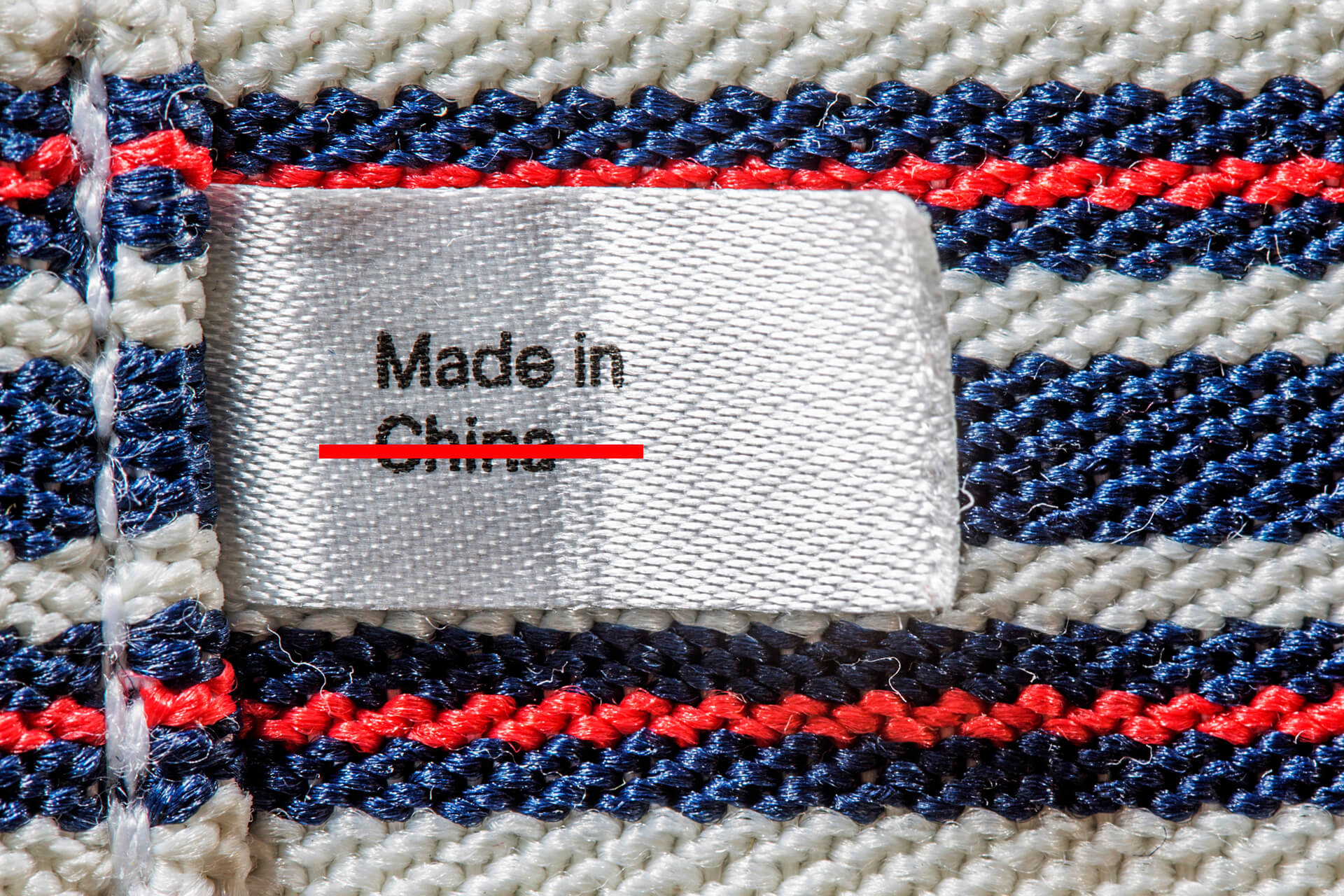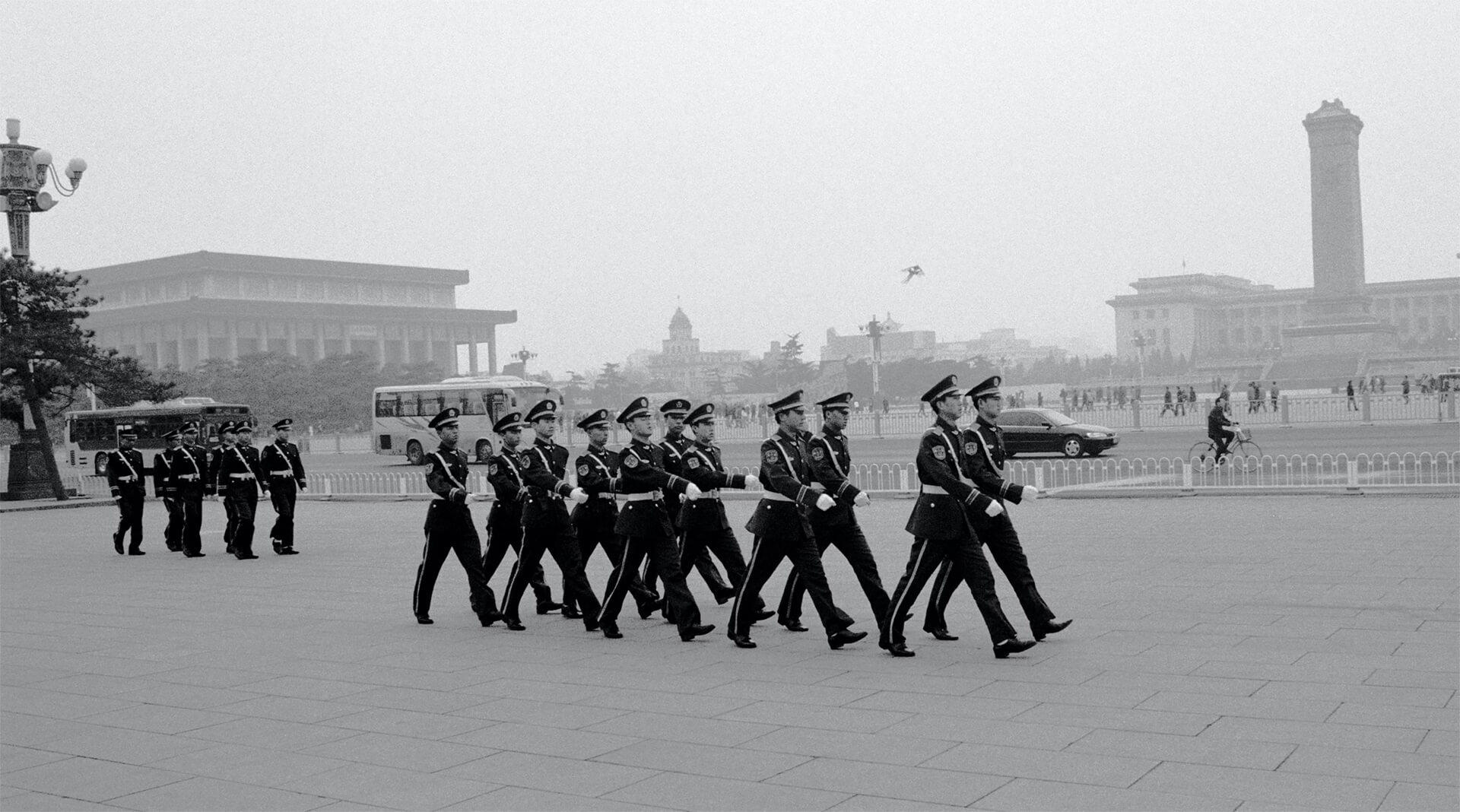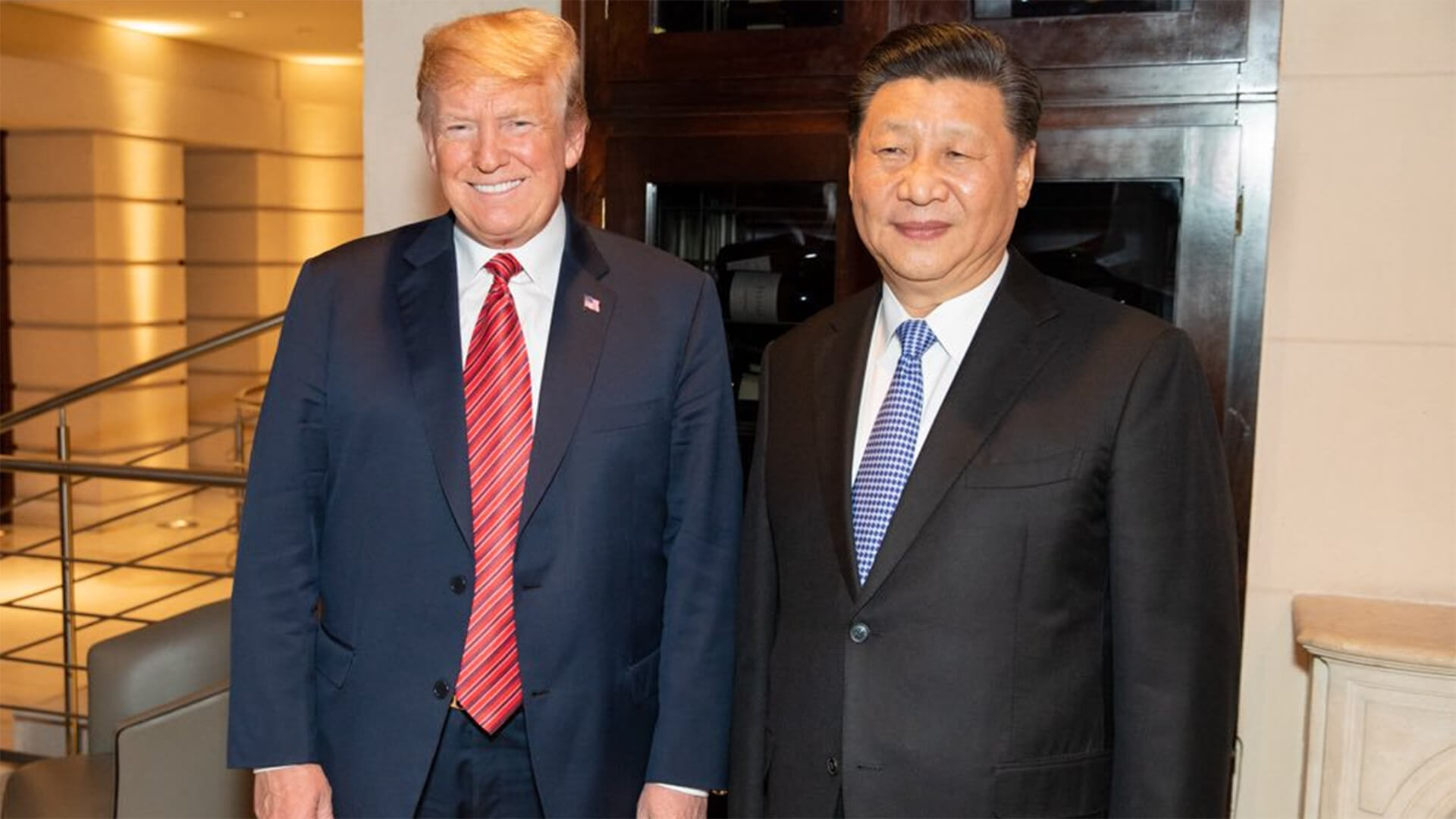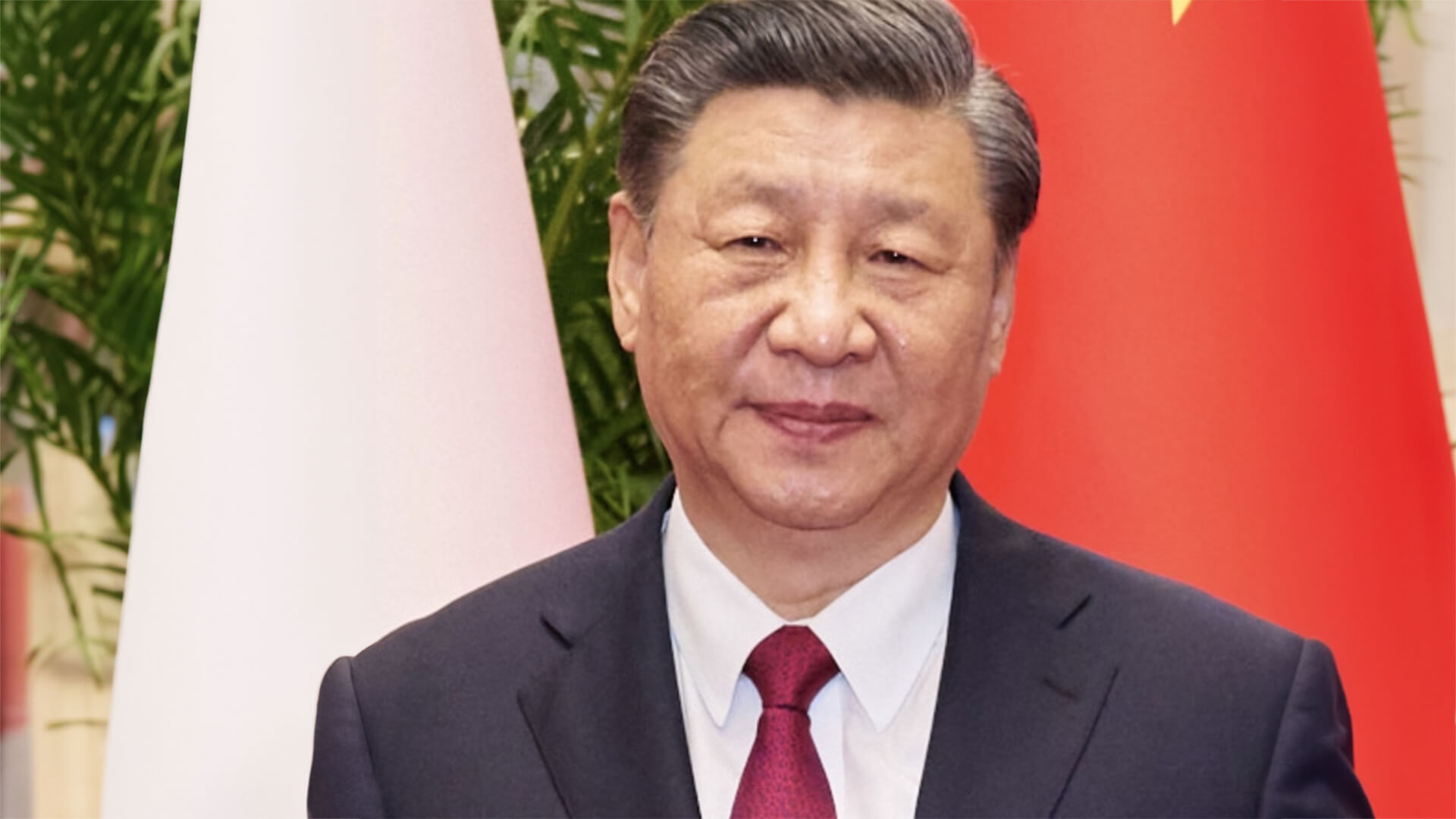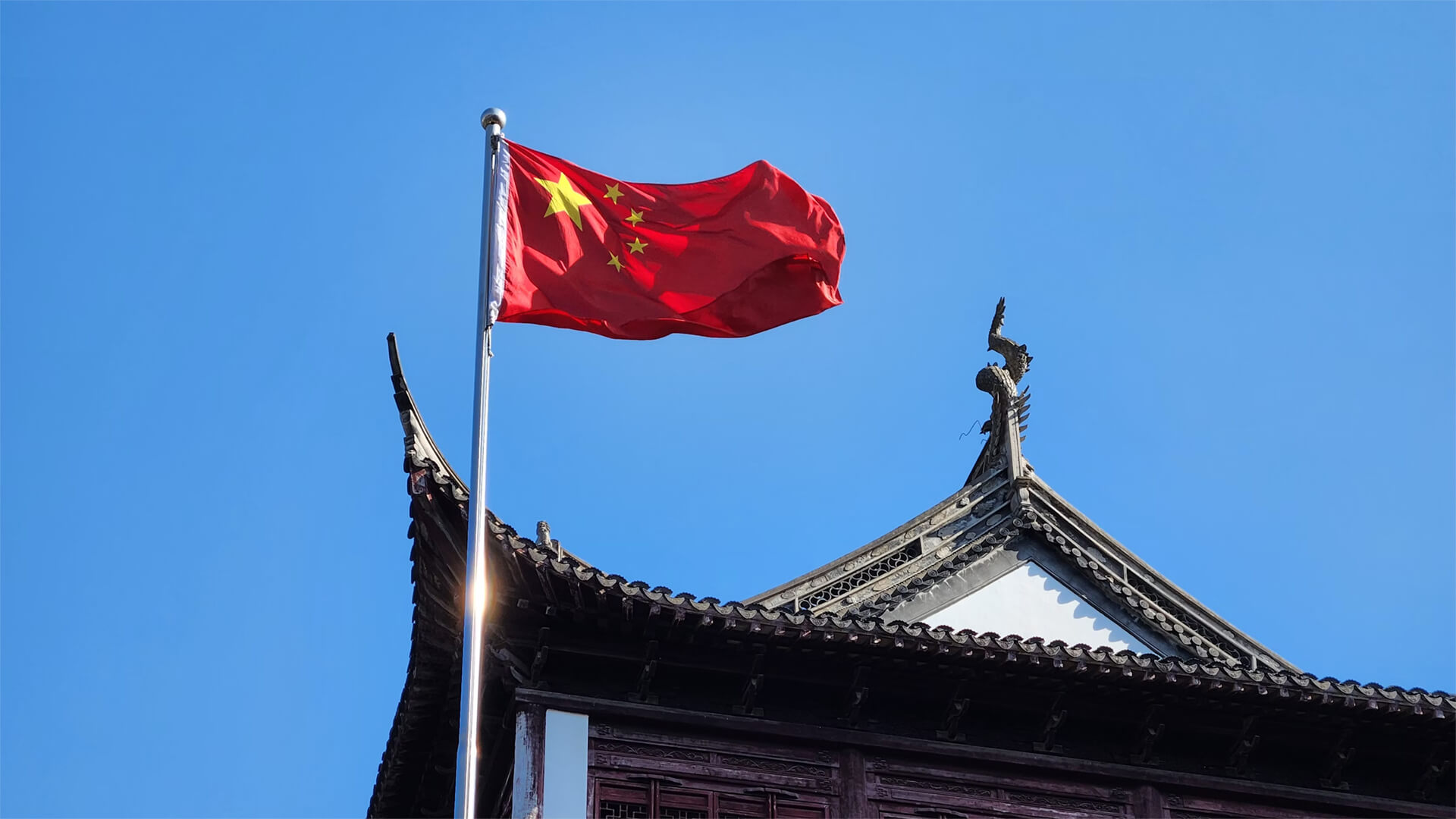Vietnam has been clawing its way up the American import leaderboard. With Trump’s July 9 tariff decision-day quickly approaching, let’s look at why Vietnam is next in line to China.
Vietnam is geographically close to China. It has a highly skilled and large workforce. And it has the industrial ambition that matches US needs. But if we already have Mexico, why do we need Vietnam? They scratch different itches. Think of Vietnam as V2 of China – made up of integrated industrial clusters like Ho Chi Minh City. Mexico has geographically isolated centers that focus on whole products, rather than sharing production across cities. Each valuable, but perhaps Mexico is better suited for a deglobalized world.
Vietnam will still have to navigate the tariff situation, which might be a cluster-f*** given the lack of personnel and systems in place. However, that doesn’t make Vietnam any less crucial, it just means there will be some hurdles to jump.
China’s Central Military Commission (CMC) has the combined power of that of the US Joint Chiefs, Secretary of Defense, and President. The Chinese military is run by party loyalists, rather than experienced strategists; this, along with the constant purging of leadership, shows just how deep the instability runs.
I’m not saying that the US should just ignore the Chinese, but maybe we should take their military capabilities with a grain of salt.
Transcript
Hey, all Peter Zeihan here. Coming from Colorado today, we’re gonna talk about Vietnam. We are approaching July 9th, which is the self-imposed deadline for the Trump administration’s for setting tariff levels for the whole world. So if you remember back to April 2nd, tariff day, that kind of kicked all this off and set the world into trade chaos.
He has paused that process, but it restarts on July 9th, so we’re going to have a show. But Vietnam is a country that has been discussed a lot in the last few days, and I think it’s worth underlining why and why this is one of the countries that really matters. Arguably more so than almost any other country that’s outside of NAFTA.
So background, back before Covid, everything was trying to try to try to try to try to try to try to trying to China. And with Covid, when the Chinese obviously prioritize their own system for supply chains, everyone started to adopt something that was called a China plus one strategy, where we admit that we still have a lot of exposure and a lot of commitment to our investments in the Chinese system, and that we’re dependent upon the Chinese for everything.
But we really do need at least a partial backup since then that is involved into what they call an anything but China ABC. And for whether it’s the China Plus one or the anything but China. Vietnam has always been at the top of the list for everyone. And so in the time from 2019 until 2025, the American trade relationship with Vietnam has exploded, in percentage terms, far more than anyone else.
And the reason is pretty straightforward. Number one, it’s proximate to China. So whether the Chinese are investing in Vietnam or the Americans are investing in Vietnam, Vietnam is a logical place to move things either from China or through Vietnam, from China, or to simply replace the production capacity, from China. It’s just right there. Number two, the Vietnamese have been working very hard at making themselves very attractive.
Roughly 40% of college graduates, from Vietnam are Stem graduates. So if you want to build something, especially if it’s talking about technical work, Vietnam is a logical choice. In addition, this is a country with a very large workforce, roughly on par to what we have in Mexico. So it’s been a good match for a lot of industries.
And then third, the Vietnamese are very ambitious. They’ve invested a huge amount into their educational system, as opposed to the Chinese system where they’re trying to go more white color and design, the Vietnamese are going into more technical work, and they’re basically trying to leapfrog China from a technological point of view. And they’re doing a really good job of it.
They’re not teaching rote memorization and intellectual property theft, of the Chinese style. They’re actually getting their people just in to do more of high value out of manufacturing. So it’s been a solid choice. It’s worth spending a minute talking about the difference between Vietnam and Mexico. However, because these are two very different economies that approach manufacturing in a very different way.
And while to a degree they are competitors, really, it’s a more complementary system. So in China you’ve got your major population centers. And for the most part they are surrounded by a line of secondary manufacturing centers. It’s a very similar system to how we were set up in the United States before NAFTA.
So for example, you have Detroit, which is obviously a hub for automotive, but Detroit draws upon other communities in the area going out to say, say, Milwaukee. In order to add value, add it reaches across the border to, to Ontario as well. And so you have your central node and a lot of secondary manufacturing that contributes to that primary node.
That is similar to the system that we have in China that is similar to the system that we have in Vietnam. So you really can, with the right amount of capital, pick up the industrial plant in China and then go and drop it in Vietnam. And we have seen that happen at a significant scale. That’s not how things work in Mexico.
All of the Mexican cities that are integrated with the United States through NAFTA are desert cities. So when you get to the edge of town, there’s nothing, with the possible exception of Monterrey, where you have a little bit more rainfall. And so there are secondary centers, you basically have places like Chihuahua City or to what do you want to that are unique to themselves and there’s nothing near them.
So these places, instead of having a multi-step manufacturing system where product, intermediate product goes back and forth among the various cities on the cluster, you simply have a city with a bunch of industrial parks, and most of the steps have to be carried out locally. That generates a different sort of industrial profile, because when you’re around Ho Chi Minh City or Hanoi or Shanghai or Detroit or Houston, you have all these other places that specialize in specific things.
And so you basically have a cluster of specialization that comes together to make a product. In Mexico, it’s different in Mexico, they focus on one product per urban center. And then that product start to finish is done. There and that product is shipped out. So an example, if you’re in Detroit and you’re making a car, you’re probably going to be drawing spark plugs from across the border.
You’ll probably make the transmissions yourself. You’re probably bringing the engine blocks from somewhere else. But if you’re in Mexico, you do the whole seat assembly for an airline share. For example, whether it’s the seat belts, the fabric, the molding, the metal framing, whatever it happens to be, it’s all done in Chihuahua City. And then that semi-finished product is shipped somewhere else for inclusion.
Same thing for engines, same things for engine blocks. It’s not that one is better than the other, it’s that they function differently because of the economic geography they have to deal with. So when you look at Vietnam and you look at Mexico, it’s not that they’re competitors in the traditional sense. They build things differently. And as we’re moving into a world with fewer connections where we have to do more locally, the Mexican strategy by default almost works better because they’re not as dependent upon inputs of various types from somewhere else.
They’re not as integrated into a broader supply chain system as we are normally used to. Thinking of. That doesn’t mean that the system isn’t going to work. As China degrades with or without a trade war, we are going to need more places like China in order to keep product flowing. And Vietnam is a very solid contender for that role.
But it doesn’t take anything away from American integration with Mexico. We’re moving from a situation where we have something like 2 to 3 billion workers linked up through free trade to something significantly smaller. We need different approaches, and these are two that work pretty well.
One more thing about Vietnam that is different. There are charges, legitimate ones, that the Vietnamese are not simply engaging in normal manufacturing in a way that the United States can process, that they are also serving as a translocation point. So Chinese product is finished, it’s shipped to Vietnam, it’s stamped Made in Vietnam, or maybe had some very light value, had done.
And the ship to the United States, that is happening. And that’s part of the reason why the trade, between the United States and Vietnam has expanded so much over the last several years. Most of it is legitimate. Some of it is this, pass through trade. So one of the things that the Trump administration seems to be doing, which I think is a good idea, is finding a way to tariff those things differently.
Now, I am of the belief that tariffs to Vietnam overall aren’t the greatest plan, because it’s just the wrong tool for the job. But if your goal is to break down, Chinese trans shipment trade in order to break the link between the United States and China, which I think is a good idea, using tariffs and a two tiered system makes a certain degree of sense.
So the numbers that are being thrown around today are 20% from Vietnam, which I think is ridiculous, and 40% for the trans trade, which I think is reasonable. The danger here, as always, with tariffs, is going to be administration because someone will have to look at every product that comes in from Vietnam and assign a category.
So it then has a tariff level. Considering that the Trump administration still hasn’t staffed out over 80% of the positions at cleared out in its first month, it is unclear who is going to do this, because it would require a significant expansion of customs officials in order to handle what is basically tens of billions of dollars of trade.
Now, if, if, if a way can be found to handle that, then we’re in a different game. But at the moment the administration has not developed the technology, the personnel, the procedures that is necessary to do that at the scale required. So A for effort, D for approach.

